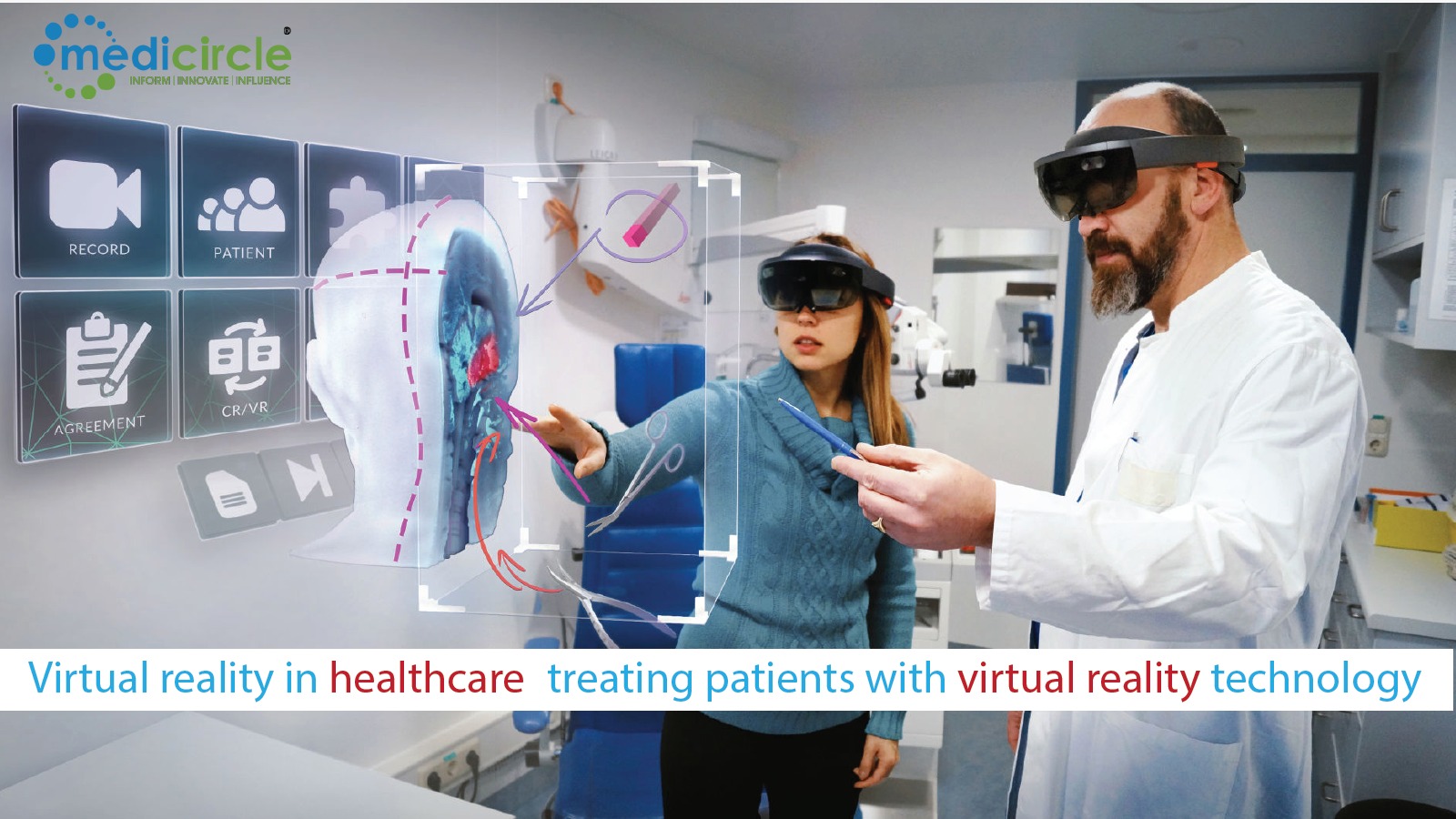Virtual reality (VR) is revolutionizing healthcare by providing immersive and interactive experiences that are transforming the way patients receive treatment. VR technology is being used to treat a range of conditions, including anxiety disorders, chronic pain, and post-traumatic stress disorder (PTSD).
In exposure therapy, VR is used to simulate environments that trigger anxiety, allowing patients to confront and overcome their fears in a controlled and safe space. For patients with PTSD, VR can recreate traumatic experiences, helping them process and manage their trauma.
VR is also being used for pain management, providing a distraction from chronic pain and reducing the need for medication. In rehabilitation, VR is used to create personalized therapy plans, improving patient engagement and outcomes.
Additionally, VR is enhancing medical training, allowing healthcare professionals to practice complex procedures and improve their skills in a realistic and risk-free environment.
Here are 10 benefits of Virtual Reality (VR) in healthcare:
- Pain management: VR reduces chronic pain by distracting patients from discomfort.
- Anxiety treatment: VR exposure therapy helps patients overcome phobias and anxiety disorders.
- PTSD management: VR recreates traumatic experiences, aiding in processing and healing.
- Rehabilitation: VR enhances physical therapy, improving patient engagement and outcomes.
- Medical training: VR simulates surgeries and procedures, boosting healthcare professionals' skills.
- Patient education: VR empowers patients to understand their conditions and treatments better.
- Wound care: VR reduces stress and anxiety during wound cleaning and dressing changes.
- Phantom limb pain management: VR helps amputees manage phantom limb pain.
- Autism therapy: VR helps individuals with autism develop social and communication skills.
- Cost reduction: VR reduces hospital readmissions and saves on healthcare costs.
VR is revolutionizing healthcare by providing immersive, interactive, and effective solutions for various medical conditions and treatments!
As VR technology continues to evolve, its potential to transform healthcare is vast, offering new and innovative ways to treat patients and improve outcomes.

 VR is revolutionizing healthcare by providing immersive, interactive, and effective solutions for various medical conditions and treatments!
VR is revolutionizing healthcare by providing immersive, interactive, and effective solutions for various medical conditions and treatments!










.jpeg)

.jpeg)
.jpeg)
.jpeg)

.jpeg)
.jpeg)
.jpeg)
_(1).jpeg)

_(1)_(1)_(1).jpeg)
.jpeg)
.jpeg)
.jpeg)






